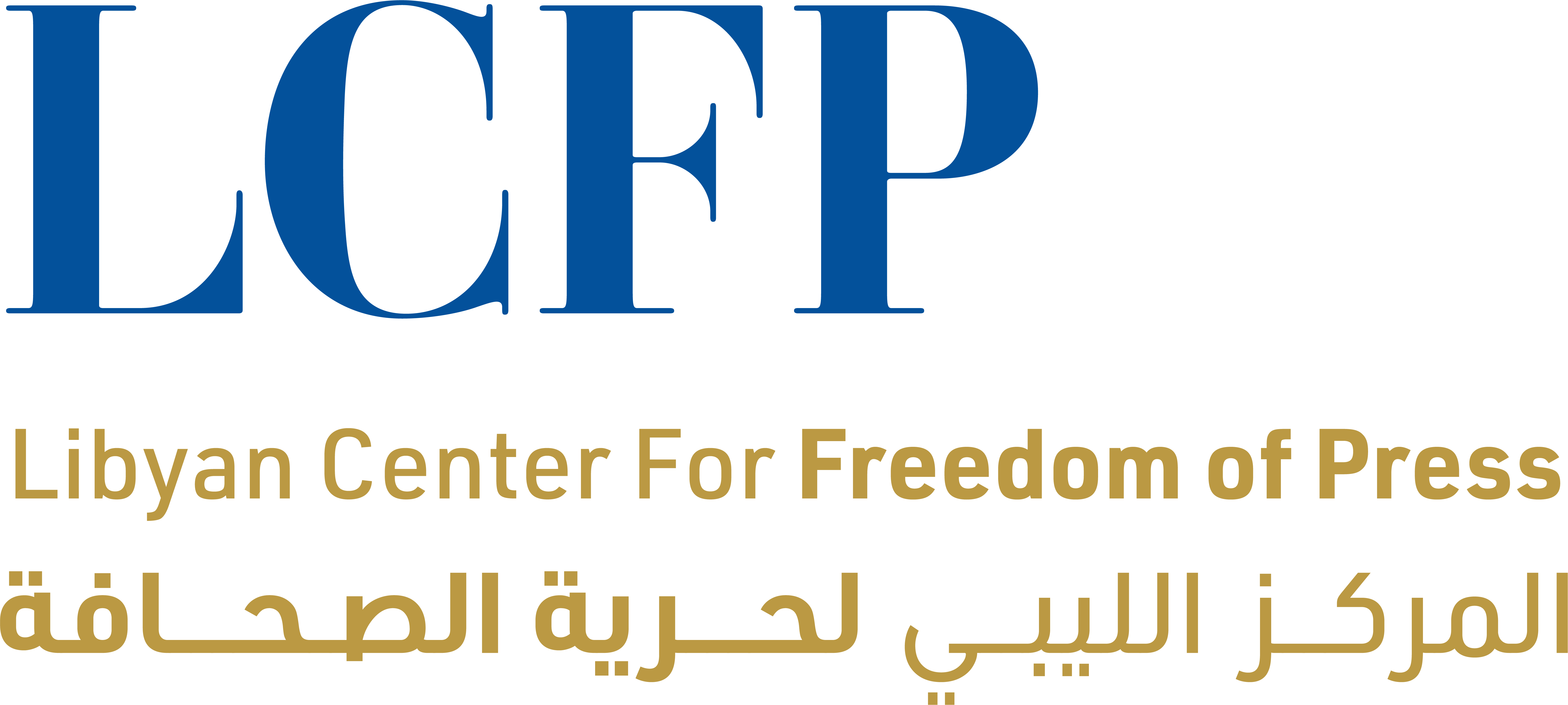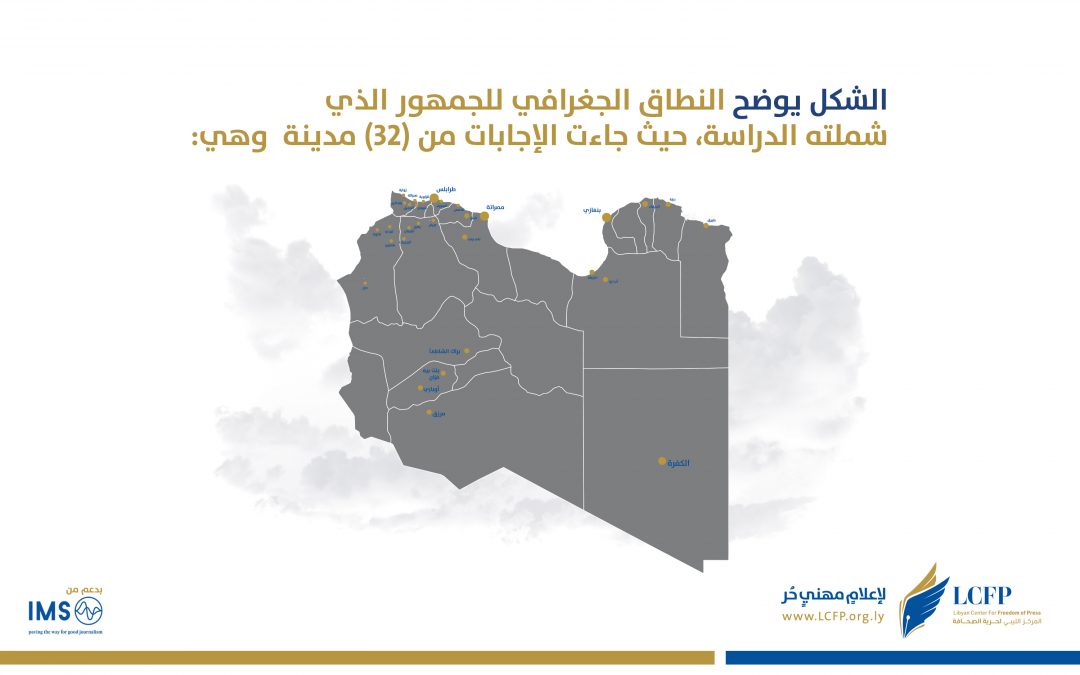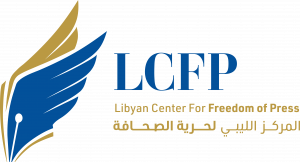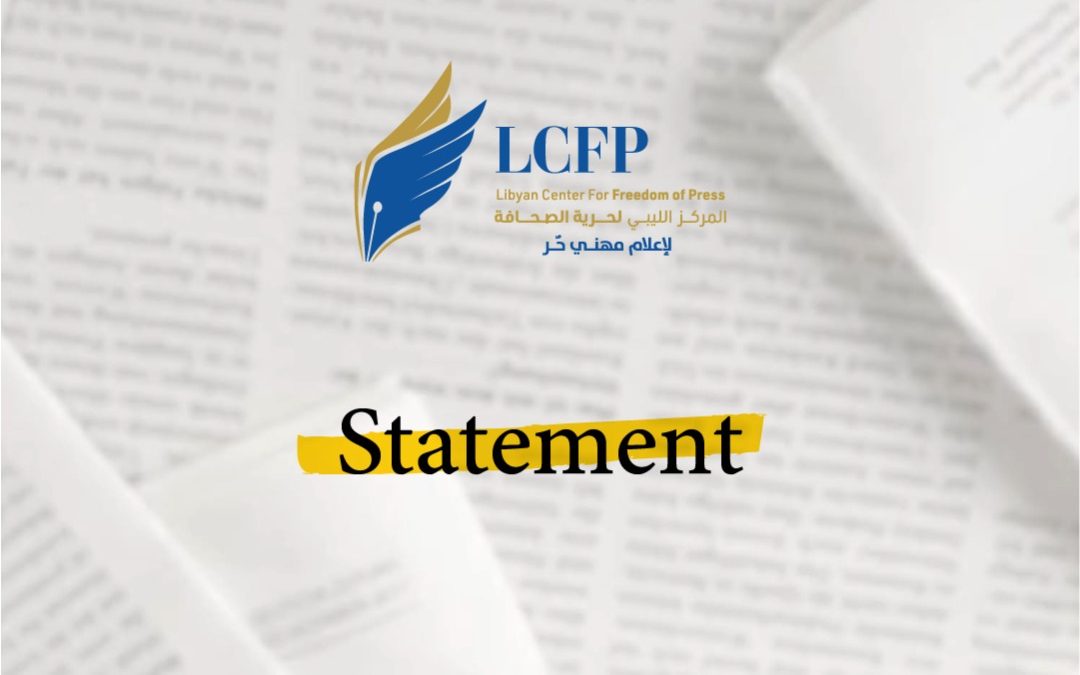
Oct 12, 2021
11 October 2021
A semi-annual update on the human rights situation in Libya, published today by the Cairo Institute for Human Rights Studies (CIHRS) and the Libya Platform, finds evidence of continued systemic and grave human rights violations in the country, including at the hands of armed groups affiliated with state and security institutions and in complete impunity
Between January and June 2021, our organisations documented no less than 25 extrajudicial killings, 33 enforced disappearances, and 42 attacks against civilians or indiscriminate civilian casualties, including 16 children – a non-exhaustive number of violations – as part of an effort to identify victims and suspected perpetrators, and contribute to combatting pervasive impunity. Previous updates were published in June 2020, November 2020 and March 2021. The organisations’ submission to Libya’s Universal Periodic Report also included documentation of violations between 2015 and 2019
This periodic update, released a few months before scheduled elections, warns of the threat posed by the deteriorating human rights situation to the legitimacy of elections. The release of the update comes the day after the 48th session of the United Nations Human Rights Council voted to renew the mandate of the UN Fact-Finding Mission on Libya. The update had highlighted the need to renew the mission’s mandate, as it is an essential source of documentation and evidence to ensure accountability for perpetrators and reparation for victims
The update used information shared by the 16 members of the Libya Platform and other partner organisations, verified with relevant local contacts such as victims and/or members of their family, witnesses, hospital staff, lawyers, and local activists, to present documentation on extrajudicial killings and inhuman treatment, attacks against civilians and indiscriminate civilian casualties, enforced disappearances and arbitrary detention, violations against migrants, refugees and asylum-seekers, and restrictions of public freedoms. 523 interviews with local sources were carried out by CIHRS and the Libya Platform, including interviews with victims, victims’ family or direct witnesses
The update especially highlights the abject situation of migrants, refugees and asylum-seekers in the country, and calls on European Member States and institutions to halt any agreement facilitating illegal pushbacks and pullbacks, to stop supporting Libyan parties involved in grave violations, and to make any co-operation with Libyan authorities conditional on the implementation of concrete measures to protect migrants and refugees’ rights, such as the adoption of asylum legislation and the end of unlawful detention
The update also condemned any attempts to disrupt the political process and warned of the danger of attacks on journalists and civil society. Ahead of elections, the update called on Libyan authorities to repeal arbitrary executive decisions and laws infringing on public freedoms, notably Decree 286 governing civil society, ensure civil society can independently monitor elections and judicial authorities can safely and independently process appeals. The international community must press Libyan parties to adhere to the Libyan Political Dialogue Forum (LPDF) Roadmap and the appended Key Principles for human rights to ensure that conditions are in place for free and fair elections to be held
Furthermore, CIHRS and the Libya Platform reiterated their call for UN member states to press Libyan authorities to urgently put in place a comprehensive strategy for the vetting of members of armed groups and organise their disbandment, disarmament and individual reintegration
english update
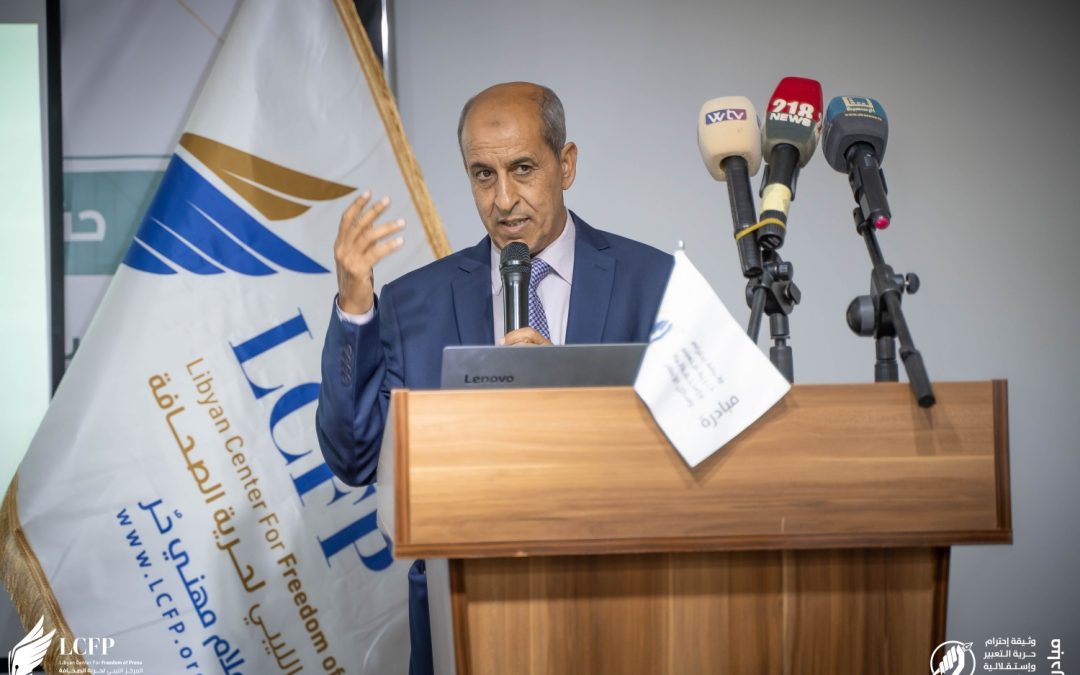
Oct 12, 2021
Misrata/October 9
A new discussion session was held in the city of Misrata within the National Initiative for the drafting of a “document respecting freedom of expression and the independence of media institutions”. Twenty journalists, television correspondents, academics and legal professionals participated in the Session. The discussion was mainly about the need for media practices to be regulated by national legislations that enhance independence and freedom.
The participants agreed on the necessity of providing a draft law to set up the National Media Foundation that is independent from the executive government and is responsible for managing and reorganizing the media sector and public media. It should also reorganize radio and television broadcast, grant licenses to private media institutions and oblige them to disclose their funding sources, and make them respect the regulations and standards it sets. The National Media Foundation is the highest independent authority. Its role is regulation. The members of its board of directors have the necessary expertise.
The participants focused on the need to protect reputation and privacy. It is necessary according to them, to set executive regulations to ensure that media institutions are not involved in spreading rumors and biased news that harm the reputation of others. In addition, the Foundation should reform the general sanction procedures related to publishing issues. The participants agreed that respect should prevail between political actors. Freedom of expression is a sacred right that is a part of the national constants. However, it should not threaten civil peace, public health or public order. Government officials will be bound to disclose information through the law on access to information to be adopted by the coming legislative authority.
The participants also highlighted the need to activate monitoring and oversight on press and digital content. It is necessary to focus on combating disinformation, hate speech, rumors and spreading for destructive ideas on social media. Internet should be regulated in order to enhance its position as a free digital space.
The participants find it imperative to develop educational curricula for Libyan media colleges, to develop media laboratories and to enhance their technical capacities. They also called on the candidates to the upcoming national elections to pledge to work with civil society and journalists on draft laws related to press and publishing. They also have to work on the law of the National Media Foundation, which is being prepared by experts in the field of media and law in the National Committee for reviewing media draft laws administered by the Libyan Organization for Independent Media.

Oct 6, 2021
Press release The undersigned human rights groups announce the proposal of a new draft law regulating civil work in Libya; the proposed law would guarantee civil society’s independence and freedom. We call on Libya’s civil society organizations to review and adopt this proposal, and pressure for its swift approval. We welcome any comments, suggestions, or feedback to improve the draft law, and affirm the law’s commitment to international standards for freedom of association and peaceful assembly
The undersigned groups are prepared for a public debate on the draft law through urgent hearings in which civil society organizations participate and review the proposed law and its explanatory memorandum This represents a push for the immediate issuance of a law on associations that complies with international standards for freedom of association. The law would also represent a departure from the authoritarian practices under which civil society in Libya has been suppressed, despite the passage of over a decade since the revolution of the Libyan people for freedom and democracy
The proposed draft law guarantees the independence of civil society organizations from the state and its administrative bodies Currently, associations in Libya are struggling to unshackle themselves from the repression of the country’s governing authorities. This repression includes concerted efforts to nationalize civil society and deprive it of independence and freedom to work. Moreover, the draft law emphasizes the importance of the operational transparency of these organizations and their practices, including their activities and funding sources. The proposed law also requires the registration of associations and non-governmental organizations by notification only, and guarantees the freedom to work and form or join local and international networks and alliances
The draft law is a culmination of Libyan civil society’s persistent efforts, ongoing since 2011, to push Libyan state institutions and successive governments to abandon Gaddafi’s authoritarian legal arsenal, especially the Civil Associations Law no. 19 of 2001, which is reflective of the perspective and policies of a dictatorship lacking in any consideration for freedoms and human rights
Libyan civil society participated in the 2013 consultations with the Ministry of Culture and Civil Society to prepare a new draft law to regulate associations, yet the proposal arising from these consultations remains unknown, and has not yet been issued. In 2016, human rights organizations participated in the revision of the draft law on associations, which was proposed by the legislative authority at the time, and despite the submission of the revised version to the House of Representatives in 2017, which was entirely disregarded
Nevertheless, the new proposed law on civil society differs from its predecessors in that it is subjected to scrutiny and examination by many legal experts, judges, and human rights defenders. The proposed law is the result of a meticulous study of experiences and legislation in the region and internationally, in regards to the regulation of civil society’s work. Thus the proposed law benefits from similar legislative proposals submitted by human rights organizations to ensure the independence and freedom of civil society in their countries
16 organizations and 4 public figures submitted this proposed new draft law and are looking forward to presenting it before members of the House of Representatives and representatives of the legislative authority in Libya, with the aim of pushing for the issuance of a new law on associations. Under the proposed law, the tribulations of civil society in Libya would come to an end, ensuring Libyan associations’ ability to perform their role in monitoring and following up on public affairs within a just legal framework that guarantees the independence and freedom of civil society
Accordingly, the signatory organizations renew their call for all Libyan organizations to review the proposed draft law and send their feedback on it, in order to partake in creating legislation that is based upon genuine consensus and guarantees the independence and freedom of civil society in Libya
Signatory organizations
- Defender Center for Human Rights (DCHR)
- The Libyan Organization for Independent Media
- Belady Center
- The Independent Organization for Human Rights in Libya
- Libya al-Moustakbal Center
- Jurists Without Chains
- The Libyan Women’s Platform for Peace
- Adala For All
- The Libyan Judges Organization
- The Libyan Center For Freedom Of Press
- Youth Organization for Tawergha
- Libyan Network for Legal Aid
- Al-Zawiya Center for Human Rights
- Aman Organization Against Discrimination
- Libyan Crimes Watch
- The Libyan Group to Monitor Human Rights Violations
Public figures
- Azza Maghur
- Salah Marghani
- Marwan Tashani
- Wael bin Ismail
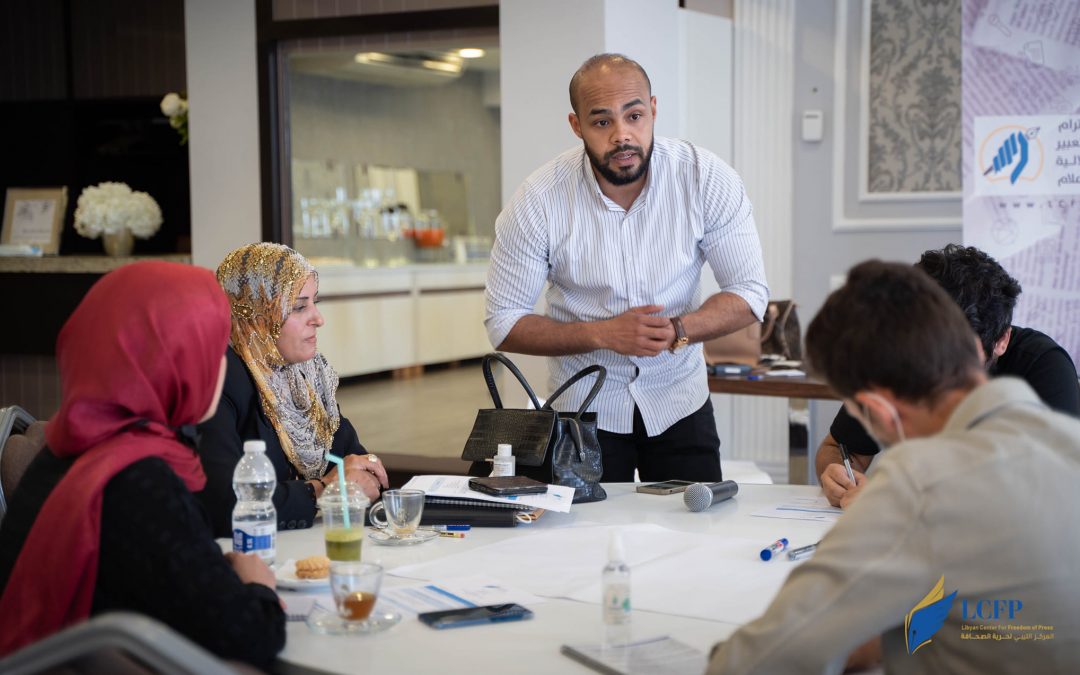
Oct 3, 2021
Tripoli, September 25
The Libyan Center for Freedom of Press resumes the national initiative of the preparation and drafting of the “Document for the Respect of the Freedom of Expression and the Independence of Media Institutions. In this initiative, a group of journalists and jurists participated in a wide series of discussion sessions and focus groups, which aim at sharing opinions and searching for common ground among all actors in press and media sector
The discussion in the working sessions focused on examining the multiple attempts over the past years to regulate the Libyan media sector, the impact of the political division and armed conflict on public media, and the search for a vision to restructure the media sector in accordance with the governance principles and international standards
The participants focused on the necessity of defining the structural organization of the media sector and including it within the structure of the state. It would ensure its independence from the government. This should be through the activation of the law on establishing the Higher Council for Media, as stipulated in the Constitutional Article No. 174 within the chapter Independent Bodies in the draft Libyan constitution, which explicitly provides for the independence of media
The participants discussed the legal framework necessary for the structural organization, the need to protect reputation and privacy, and the importance of adopting a structural organization. Regulating the Sector is possible through the issuance of a new law for the press and publication that defines the tasks and duties of the National Union of Journalists, and the enforcement of the law on the right to access information
More than 150 Libyan journalists and jurists will participate in the discussion sessions in 5 Libyan cities during the last quarter of this year. The goal is to prepare the provisions of the document for “the Respect of the Freedom of Expression and the Independence of Media Institutions. We will later collect signatures from parties, political entities and candidates to the upcoming national Presidential and Parliamentary elections. The purpose is to get pledges from them to work with civil society and journalists in the future and pass new laws regulating media and ending the state of chaos in media in a way that achieves independence and freedom of the press and guarantees the economic and social rights of journalists
It is noteworthy that the Libyan Center for Freedom of Press had started holding discussion sessions in the last quarter of 2018, but they stopped in 2019 because of the violent war launched by General Khalifa Haftar’s forces to control Tripoli, which failed, just before the planned date of holding the National Conference in Ghadames at that time

